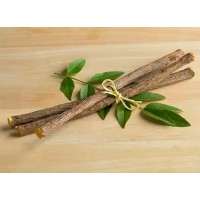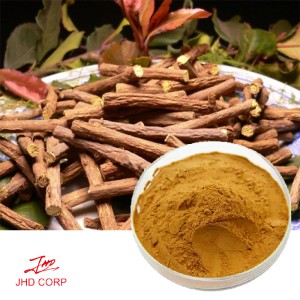Ingredients and Multiple Applications of Licorice Extract
Licorice extract is a multifaceted ingredient with a wide range of applications across industries. Its unique composition of glycyrrhizin, flavonoids, and other bioactive compounds underpins its therapeutic, cosmetic, and culinary uses.
Licorice extract, derived from the root of the *Glycyrrhiza glabra* plant, has been valued for centuries due to its diverse applications in various industries, including food, cosmetics, and pharmaceuticals. Its composition includes a range of bioactive compounds that contribute to its versatility and effectiveness in multiple domains.
Key Ingredients in Licorice Extract
The primary active component in licorice extract is **glycyrrhizin**, a natural sweetener that is significantly sweeter than sucrose. Glycyrrhizin is responsible for many of the health benefits associated with licorice, including its anti-inflammatory and antiviral properties. Other notable compounds include **flavonoids**, such as liquiritin and isoliquiritigenin, which are known for their antioxidant effects. Additionally, the extract contains polysaccharides, coumarins, and essential oils that further enhance its therapeutic potential.

Applications of Licorice Extract Glycyrrhizic Acid
1. Pharmaceutical Uses
Licorice extract has long been recognized for its medicinal properties. It is widely used to treat gastrointestinal issues such as ulcers, acid reflux, and indigestion due to its soothing and anti-inflammatory effects on the stomach lining. Glycyrrhizin also exhibits potent antiviral properties, making it a valuable ingredient in formulations aimed at addressing respiratory infections and certain viral conditions. Moreover, licorice extract is being studied for its potential role in managing chronic inflammatory diseases.
2. Cosmetic and Skincare Industry
In skincare, licorice extract is a highly sought-after ingredient due to its ability to brighten skin and reduce hyperpigmentation. The flavonoids present in the extract help combat free radicals, protecting the skin from environmental damage. Additionally, licorice extract has anti-inflammatory properties that make it effective in treating conditions like eczema, rosacea, and acne. It is commonly found in serums, creams, and sunscreens as a natural alternative to synthetic brightening agents.
3. Food and Beverage Industry
Licorice extract serves as a natural sweetener and flavoring agent in the food and beverage industry. Its distinctive sweet and slightly bitter taste is used to enhance the flavor profile of candies, teas, and baked goods. Furthermore, it acts as a natural preservative due to its antimicrobial properties.
4. Herbal Remedies
In traditional medicine systems such as Ayurveda and Traditional Chinese Medicine (TCM), licorice root is considered a harmonizing herb that enhances the efficacy of other ingredients in herbal formulations. It is often used in teas and tinctures to support respiratory health, boost immunity, and alleviate stress.















